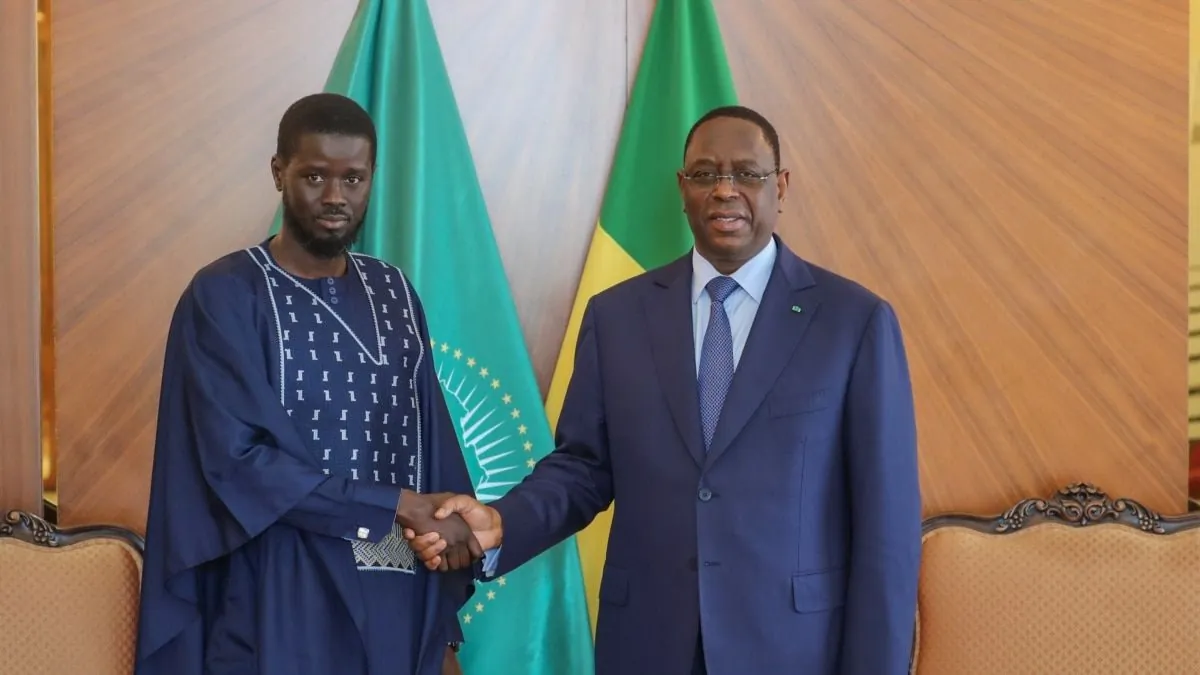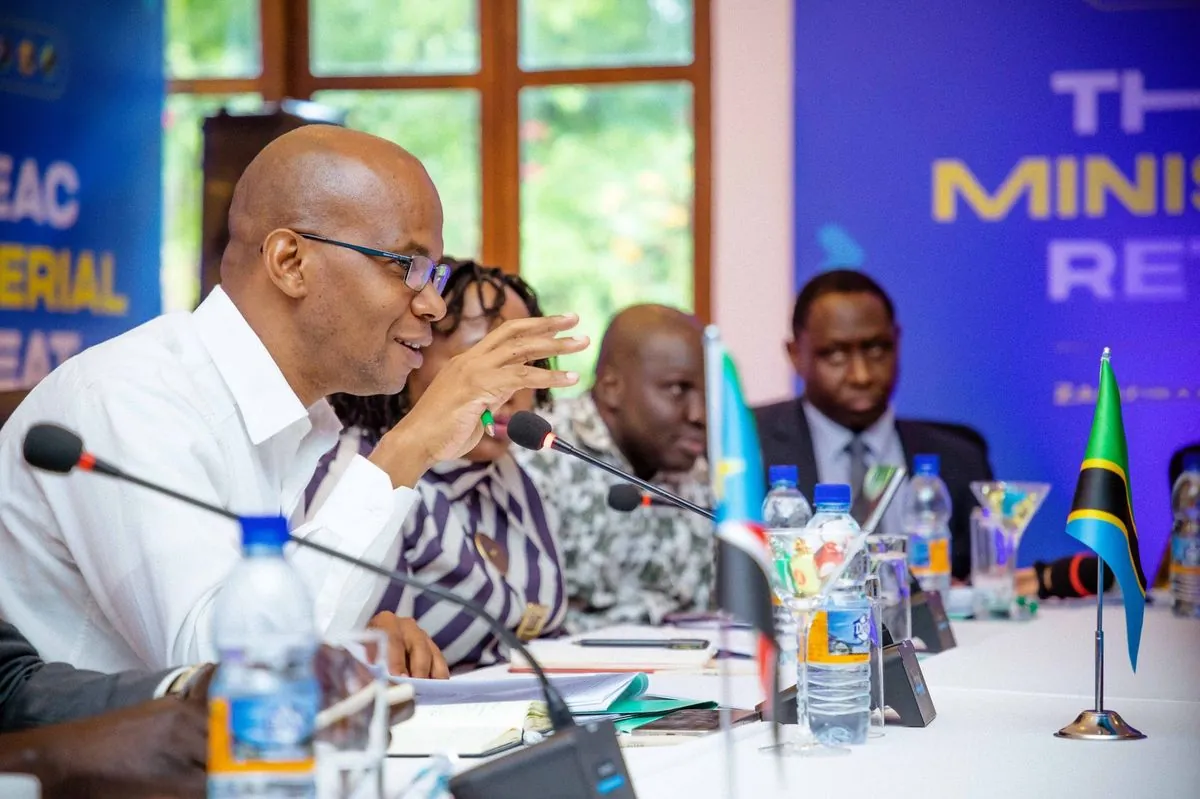Senegal Uncovers Financial Discrepancies, Seeks IMF Guidance
Senegal's new government reveals significant budget deficit discrepancies from previous administration. Discussions with IMF underway for corrective measures as audit shows deficit exceeding 10%, contrary to reported 5%.

Senegal's newly elected government has uncovered substantial discrepancies in the country's financial reporting, prompting discussions with the International Monetary Fund (IMF) for corrective measures. This revelation comes as part of the administration's commitment to transparency and economic reform in the West African nation.
An audit commissioned by President Bassirou Diomaye Faye, who assumed office in April 2024, has exposed a significant disparity in Senegal's budget deficit. According to Economy Minister Abdourahmane Sarr, the deficit at the end of 2023 actually stood at over 10%, a stark contrast to the approximately 5% reported by the previous government.
Prime Minister Ousmane Sonko did not mince words during a government news conference, stating, > "The authorities we replaced lied to the country and lied to partners, falsifying figures."
This discovery has led to a reassessment of Senegal's relationship with the IMF. In June 2023, the Fund approved a three-year $1.8 billion credit facility for the country. However, the new government has decided not to proceed with a request for disbursement following the IMF's review in June 2024.
Sarr explained the rationale behind this decision, emphasizing the potential consequences of misreporting to the IMF. He noted that any disbursement based on inaccurate information would require reimbursement and necessitate corrective measures.

Senegal, which gained independence from France in 1960, has been a member of the IMF since 1962. The country's economy, primarily based on agriculture, fishing, and services, has been growing at an average rate of 5% annually in recent years. However, these recent revelations may impact its economic trajectory.
The West African nation, known for its political stability and rich musical heritage, including mbalax, is now at a critical juncture. With a young population (median age of 19) and a GDP per capita of approximately $1,700 as of 2024, Senegal faces both challenges and opportunities in its economic development.
As discussions with the IMF continue, the government is exploring options for either adjusting the current IMF program or negotiating a new one. This situation underscores the importance of accurate financial reporting and transparency in international economic relations.
Senegal's commitment to addressing these discrepancies aligns with its efforts to achieve the UN Sustainable Development Goals and implement economic reforms to attract foreign investment. As the country navigates this financial challenge, its actions will be closely watched by international partners and investors alike.


































